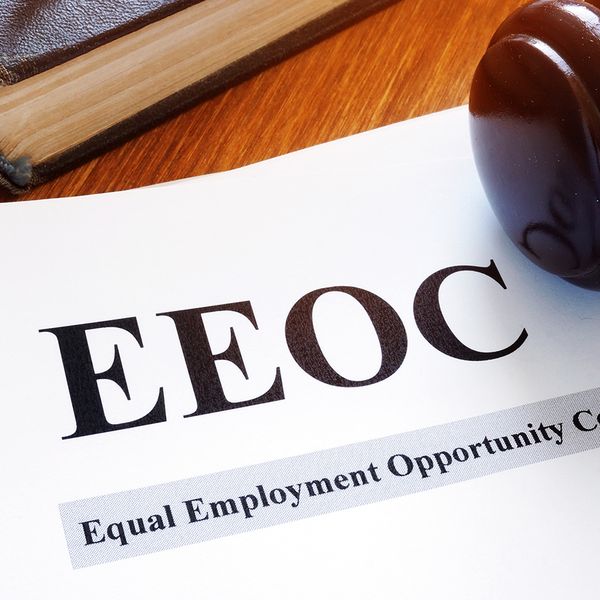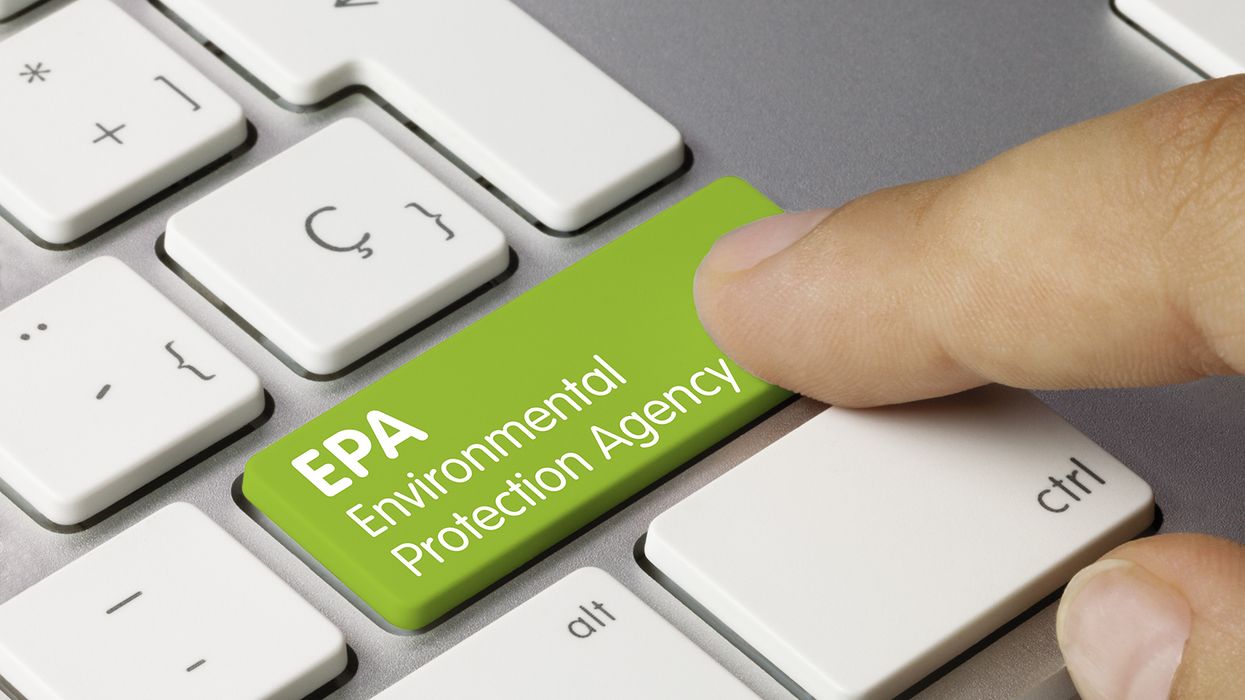Hiring bias is real: How to improve your DEI efforts
A recent report found that 50 percent of job candidates feel their race, gender, or ethnicity has hindered their job search.
The 2022 report by Lever, a talent acquisition brand of Employ, Inc., surveyed 1,000 employees and 500 employers across the U.S. to discover how diversity, equity, and inclusion (DEI) efforts have impacted employees from the hiring stage through long-term employment.
Candidates are hiding their true selves to avoid bias
The report found that Black (59 percent) and Asian (59 percent) respondents were the most likely to say they have experienced bias in the hiring process. To try and avoid that bias, some said they have taken step such as:
- Removing their picture from LinkedIn (50 percent)
- Covering up tattoos or piercings (47 percent)
- Hiding a physical disability (44 percent)
- Not speaking in their normal accent (44 percent)
- Not wearing their hair naturally (42 percent)
Employers confirm that bias is real
Suspicions of bias in hiring are not without merit. Of the employers surveyed, two-thirds (66 percent) said they have interviewed a candidate to try to meet a diversity quota.
Job seekers are not blind to this fact, however. Sixty-two percent of survey respondents said they have felt they were being interviewed for a job so the company could hit a diversity requirement, with Black (71 percent) and Hispanic (71 percent) employees most likely to feel this has happened to them.
DEI is also an issue on the job. Lever’s report discovered that some employees have felt that due to their race, gender, or ethnicity they are pictured on company marketing assets to make their employer appear more diverse. In addition, 32 percent of employees think their company is less focused on diversity than they were led to believe during the hiring process.
The report concluded that almost half (46 percent) of the employees surveyed think their organization has an issue with discrimination or bias in the workplace, and surprisingly, 51 percent of employers agree.
Why DEI matters
There are many benefits of a diverse and inclusive workforce, including:
- Improved morale and engagement, resulting in reduced turnover;
- Easier recruitment of talent, making the goal of being fully staffed more achievable, which may keep individual workloads more stable and manageable;
- Improved communication, problem-solving, and greater focus on shared goals, which means successful outcomes are more easily achieved;
- Happier, less stressed employees, resulting in fewer sick days;
- Increased collaboration, which accelerates creativity, innovation, and can improve the job for everyone; and
- Fewer incidences of workplace bullying and harassment, allowing everyone to focus on their work.
What can employers do?
To make meaningful advances in DEI, employers should have zero tolerance for discrimination in the workplace. The goal should be a workplace where every employee feels welcomed, supported, and included.
That takes ongoing work, not just lip service or one-off DEI initiatives. Instead, DEI must be a part of the core values of a company.
Key to remember: A recent survey indicates that many employees are experiencing bias in the hiring process and on the job. To eliminate bias, DEI efforts require ongoing effort rather than lip service or one-off initiatives.


















































